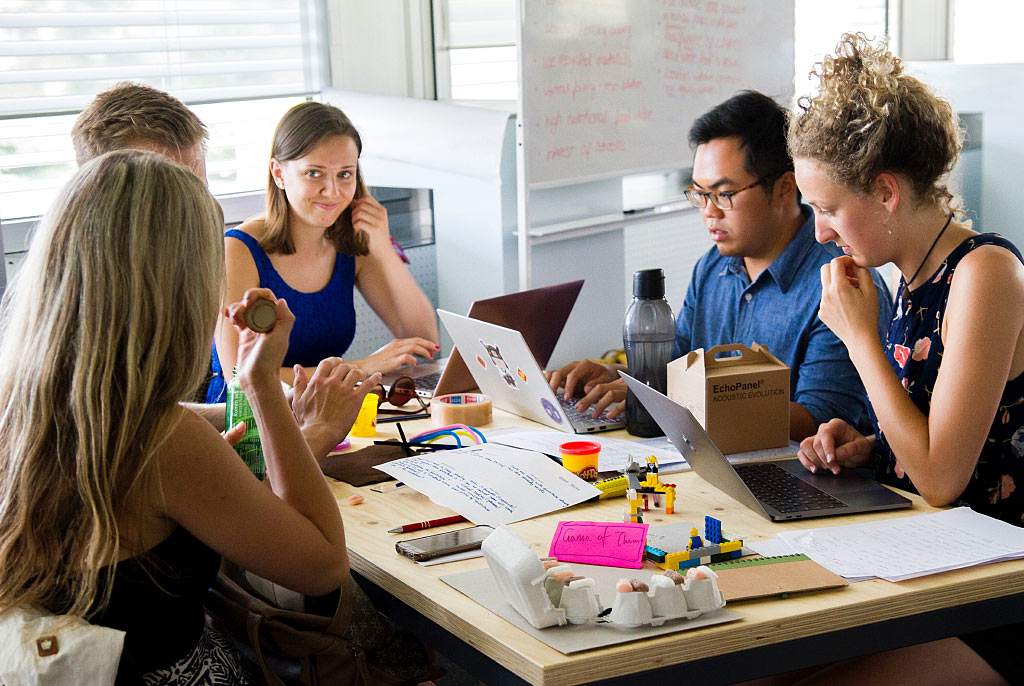WELCOME
Whizz Kids was established in 2012 with the mission to empower kids to achieve their full potential. We nuture our kids closely by catering to their individual needs.
Brainobrain Abacus- To enable whole brain development, we offer Brainobrain Abacus Mental Math Program, a world-renowned abacus course running successfully in over 40 countries & is a Guinness World record holder. Personality skills development is a key part of this course which enculcates focus & concentration development through mental flexibility exercises, speed building , confidence development & creative writing &speaking skills enhancement.
Ace Math course aims to enhance the deeper understanding of school age kids in Maths through rigorous worksheets, manipulatives materials & tools to enhance learning Math.
STEM course — Robotics & coding course develops programming/coding skills, engineering concepts understanding & creative skills as kids create projects using Lego Robotics Kits to develop physical robot models which they program. This develops their imagination in addition to engineering skills , logical thinking and coding skills.
Kidzart Art courses also add creative skills from a global art program.
Holiday camps offer an enjoyable range of activity bundles that kids sign up for during holidays. Kids learn various skills by doing multi-activity camps and STEM camps.

Request Now
Facing technical difficulties? Please contact us immediately at 0585979772 / 0551355747 for help
